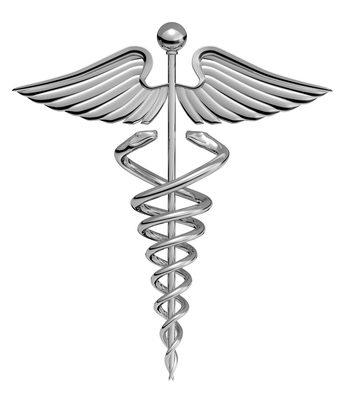The prerequisites for a master’s in healthcare informatics tend to focus on information technology within the framework of healthcare organizations. Below introduces courses that are either prerequisites or highly recommended for students who want to major in health care informatics.
Basic Health Informatics
Students new to the field of health informatics need to understand how information technology and management converge at various levels in health care organizations. An introductory course on health informatics will help students develop a holistic understanding of how technology, information systems and health care processes interact. These courses will examine the business and technical challenges that occur during the collection and deployment of health care data, which includes billing, clinical and administrative information.
Information Systems and IT Management
Students need to learn about information systems so they will be familiar with databases, networks and systems administration. Common topics include network storage, applications integration tools. More importantly, classes on information security stress the importance of protection and confidence for health care data. This is critical because health care organizations face strict legal, privacy and data restriction requirements. Students will learn standard strategies for the management of network, software, hardware and physical security. Cutting edge technology that guarantees data integrity and security will also be discussed.
Health Care Databases
Classes on the design and development of health care databases will focus on systems and applications within the context of health care. Most classes emphasize how database applications contribute to quality improvement and regulatory compliance programs. In addition to this, a class on health care data analysis will provide an in-depth overview of information analysis and design methodologies. The curriculum will likely examine the techniques used to develop more efficient development life cycle.
Public Health and Informatics
Students should take basic classes related on public health, which will introduce students to the systems and functions of community health systems. A class on basic biostatistics will teach participants about the analytical tools that are used to analyze communities. A class on public health biology will explain the negative impacts of diseases, such as causation and transmission. Public health informatics coursework will provide overviews of critical public health issues and their associated methods of surveillance and documentation.
Project Management
Every future graduate student of health care informatics should familiarize themselves with the basic principles of project management. An informatics based project management course will study system life cycle management from a project management perspective. Students will learn how to strategically develop IT plans for projects that support business objectives. Thus, they will learn how to initiate, plan, execute and control all phases of the project’s lifestyle. Alternatively, some classes may study how to select appropriate systems, technology and data standards.
Other prerequisites for a master’s in healthcare informatics may include classes on the organizational structure of health care businesses or on health care policy and planning that addresses community health issues. An introductory course on the principles of Health Information Exchange (HIE) would benefit the student by illustrating the interrelationship of clinics, hospitals and long term care facilities.
Related: Top 10 Online Master’s in Health Informatics Degree Programs
